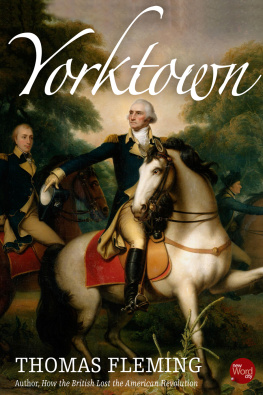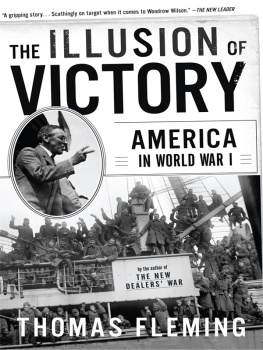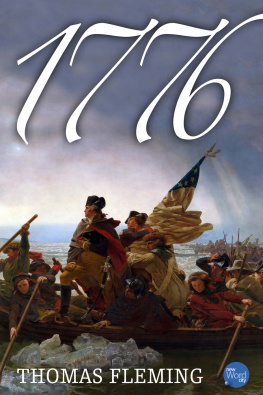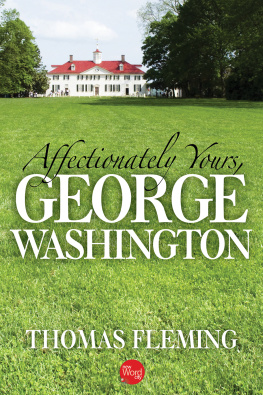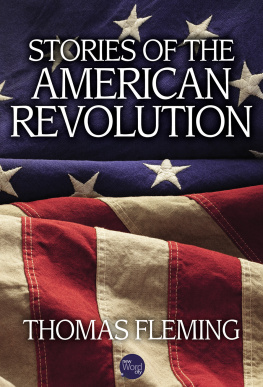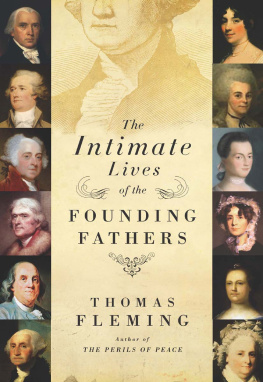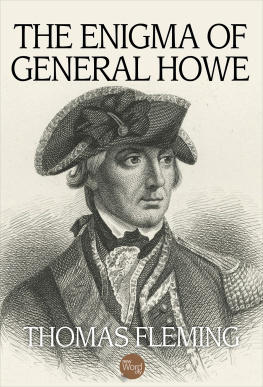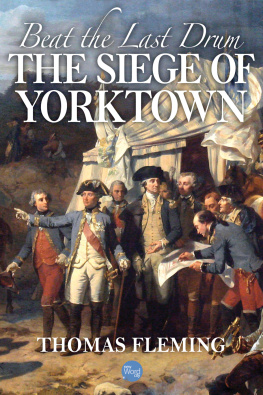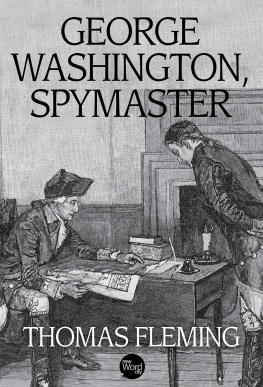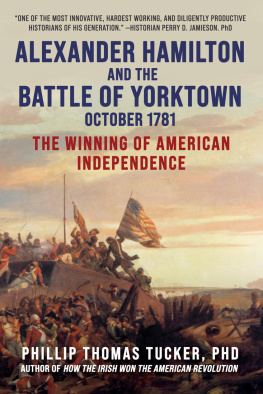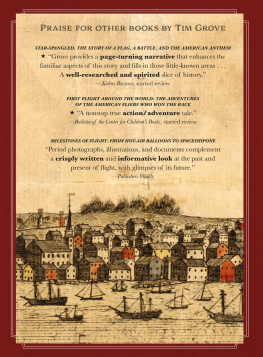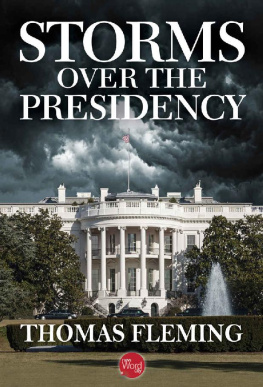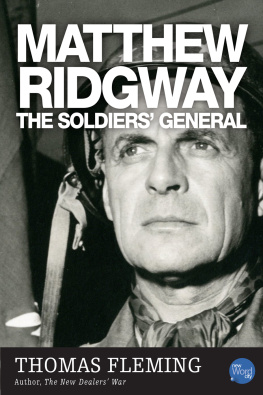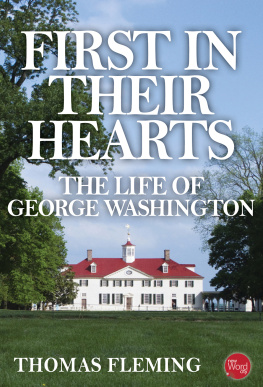Thomas Fleming - Yorktown
Here you can read online Thomas Fleming - Yorktown full text of the book (entire story) in english for free. Download pdf and epub, get meaning, cover and reviews about this ebook. year: 2014, publisher: New Word City, genre: History. Description of the work, (preface) as well as reviews are available. Best literature library LitArk.com created for fans of good reading and offers a wide selection of genres:
Romance novel
Science fiction
Adventure
Detective
Science
History
Home and family
Prose
Art
Politics
Computer
Non-fiction
Religion
Business
Children
Humor
Choose a favorite category and find really read worthwhile books. Enjoy immersion in the world of imagination, feel the emotions of the characters or learn something new for yourself, make an fascinating discovery.
- Book:Yorktown
- Author:
- Publisher:New Word City
- Genre:
- Year:2014
- Rating:4 / 5
- Favourites:Add to favourites
- Your mark:
- 80
- 1
- 2
- 3
- 4
- 5
Yorktown: summary, description and annotation
We offer to read an annotation, description, summary or preface (depends on what the author of the book "Yorktown" wrote himself). If you haven't found the necessary information about the book — write in the comments, we will try to find it.
At Yorktown, Virginia, after six and a half years of fighting, General George Washington and his troops and their French allies brought the American Revolution to a victorious end. Here, from New York Times bestselling author Thomas Fleming is the vivid account of the stunning reversal of British fortunes that led to the surrender of Lord Cornwallis and the birth of the American nation.
Yorktown — read online for free the complete book (whole text) full work
Below is the text of the book, divided by pages. System saving the place of the last page read, allows you to conveniently read the book "Yorktown" online for free, without having to search again every time where you left off. Put a bookmark, and you can go to the page where you finished reading at any time.
Font size:
Interval:
Bookmark:
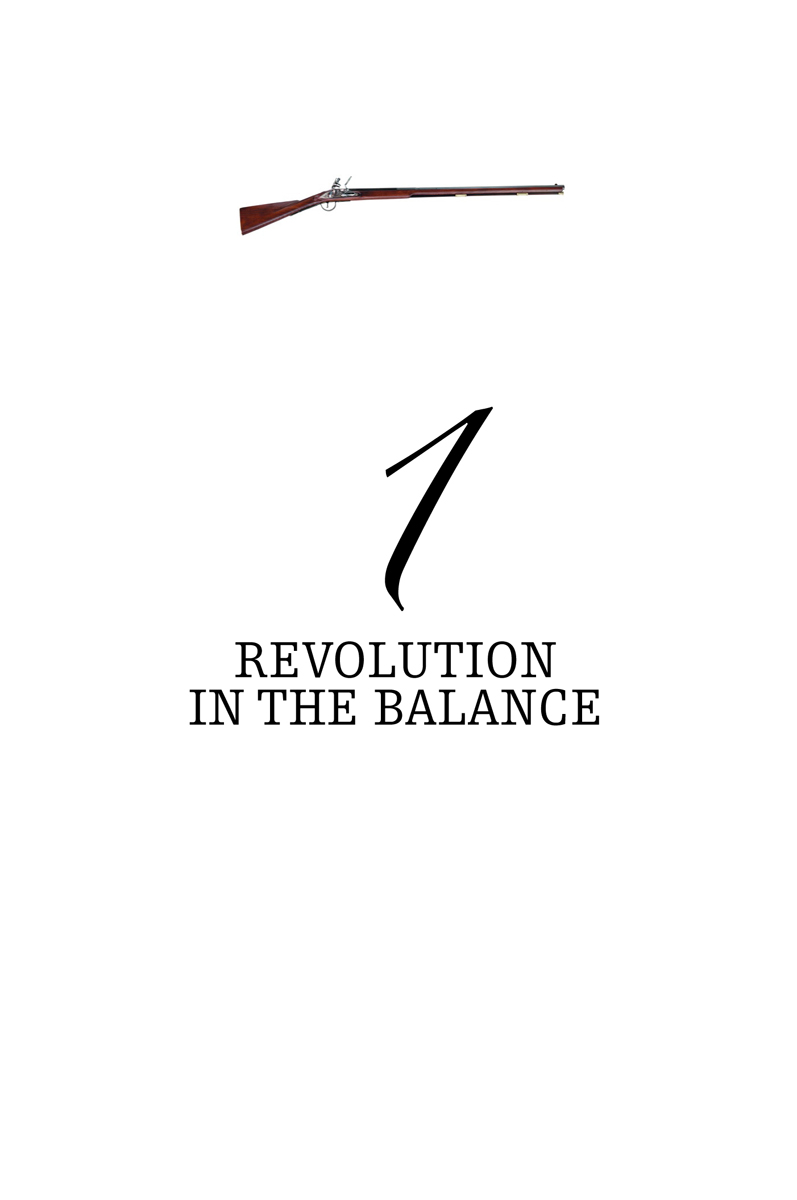
By the spring of 1781, George Washington was the most frustrated man in America. He sat in his headquarters at New Windsor, New York, filling a diary with laments about American corruption and selfishness:... instead of having the prospect of a glorious offensive campaign before us, he wrote, we have a gloomy and bewildered prospect of a defensive one. Chimney corner patriots abound; venality, corruption, prostitution of office for selfish ends, abuse of trust, perversion of funds from a national to a private use, and speculation upon the necessities of the times pervade all interests....
Not even in the depths of the black winter at Valley Forge had the nations revolutionary spirit sagged so low. After six dreary years, the people were sick of a war that everyone, including Washington, had thought would be declared over in a single campaign.
The Continental Congress was bankrupt. The paper dollars it had issued in 1776 had succumbed to outrageous inflation. A man needed $2,000 to buy a suit of clothes. If he wanted to describe something as worthless, he would say, Its not worth a Continental.
For more than two years, British armies had rampaged through the South, capturing Savannah and Augusta and subduing Georgia so that the colony once more had a royal governor. Charleston, South Carolina, had surrendered on May 12, 1780, and with it went some 3,300 American troops and irreplaceable equipment. That summer, the British smashed a 14,000-man American army at Camden, South Carolina, annihilating it as they spread mocking handbills that read: Strayed, Deserted, or Stolen: A Whole Army.
The alliance with France in early 1778 made the Americans overconfident, but help from beyond the seas was slow in coming. The arrival of a sizable French expeditionary force at Newport, Rhode Island, in July 1780 was that years most promising development.
In January and February 1781, however, two mutinies had shaken the American army. On May 25, Brigadier General Anthony Wayne suppressed a rebellious outburst in the Pennsylvania Line by executing four ringleaders on the spot. Officers resigned by the dozen each month, and many enlisted men took the deserters path to obscurity.
Finally, Washington had to sit idle outside New York while British armies, led first by traitor Benedict Arnold and then by General Charles Cornwallis , ravaged his home state of Virginia. Not even Mount Vernon was safe. He left his estate on the Potomac River in the charge of his cousin, Lund Washington, and when a British raider sailed up the river, Lund had humbly gone on board, obeyed British demands for food, and politely asked them to return the plantations slaves who had run away to the enemy. Lunds actions may have saved Mount Vernon from being torched - as were other homes in the area - but Washington nevertheless sternly rebuked his overseer for not showing a proper spirit of independence.
Then came a more grievous blow. Washington had sent his favorite soldier, the young Marquis de Lafayette , south with 1,200 American regulars to counter the British invasion of Virginia. Late in May 1781, he wrote Lafayette a letter, outlining his plans for the summer. Four thousand men of the French expeditionary force were to march from Newport to join the Americans in an all-out push to expel the British from their headquarters in New York City. The British intercepted the post rider and learned the Americans secret.
Most ominous was the news from Europe. Russia had offered to act as a mediator between the warring powers, and there were strong signs that a peace conference would soon be convened. The Americans wanted independence; they would not settle for less. But the British were sure to argue that no one could expect them to give up those parts of America that they had conquered or could invade at will.
The British possessed the ports and much of the interior of Georgia, North Carolina, and South Carolina. They held New York and Long Island. Occupying the mouth of the Penobscot River, they could argue that they controlled almost all of Maine. They had well-garrisoned forts inland at Detroit, Lake Champlain, Niagara Falls, and elsewhere, enabling them to claim the area that now includes the states of Minnesota, Wisconsin, northern Illinois, northern Indiana, Michigan, northern Ohio, northwestern New York, and northern Vermont. On the basis of Cornwallis current invasion, which was all but unopposed, the British might even claim Virginia, wealthiest and largest of all the colonies.
The Americans controlled much of New England, upstate New York, New Jersey, Pennsylvania, Maryland, and Delaware. To these colonies the British might concede independence - with the sure knowledge that they would not remain free for long as a surrounded, dismembered nation. It was obvious that the Americans needed a victory - a big, smashing victory - if they were to convince the peace conference in Europe that they had the right to demand independence for all thirteen colonies.
To George Washington, the expulsion of the British from New York would be the biggest and best victory. He went with his plan to attack New York with French support. The British might think his intercepted letter to Lafayette was a plant. Besides, surprise was not a major factor in his plan. To penetrate the bustling network of forts and artillery batteries that the British had built around Manhattan would take a long, rugged effort.
The French marched down from Newport and joined Washington in a newly laid-out camp at Dobbs Ferry on the banks of the Hudson River in early July.
The superbly equipped French troops caused excitement in the American camp. Their resplendent uniforms turned Americans heads. Rank after rank, they marched past in their white waistcoats and leggings. The lapels and collar bands of the regiments varied from crimson to pink to sky blue, green, and yellow. The sergeants sported white plumes in their hats. The grenadiers, the tallest and huskiest soldiers, had red plumes, and the chasseurs, the fastest moving infantrymen, had green. The artillerists wore long, iron-grey coats with red velvet lapels. The officers, most of them young noblemen, were even more splendidly dressed, and their servants, in silver-fringed tunics and brilliant headdresses, were hard to distinguish from their superiors. Most splendid of all was the French cavalry, led by Duc de Lauzun . Four hundred of these hard-drinking adventurers, most of them Germans, served in a legion.
The French were not impressed by the appearance of the American army. After six years of war, they had no real uniforms, except for the officers, who wore blue coats with buff, white, or red facings. Some Americans wore fringed tunics and linen pants; others had white cotton uniforms. One French officer expressed special admiration for a Rhode Island regiment, whose membership was three-quarters black. He described it as the most neatly dressed, the best under arms, and the most precise in its maneuvers. But too many of the American soldiers were, in the words of one Frenchman, almost naked with only some trousers and linen jackets, most of them without stockings. But the French noted with pleasure that their new allies kept their guns in good condition and were very cheerful and healthy in appearance.
Jean-Baptiste Donatien de Vimeur , Comte de Rochambeau, commander of the French expeditionary force, was especially disappointed by the Americans. Fifty-five years old and a veteran of innumerable battles and sieges against the English and Prussians, he was stocky with full cheeks and a mouth that was firm and friendly; his eyes carried the hint of a smile. His troops called him Papa.
Surveying the Americans with the eye of a professional soldier, Rochambeau saw that Washington did not have half the men he promised in the ranks for the assault on New York. In May, the two generals had met at Wethersfield, Connecticut. Washington had said that he expected to have 10,000 regular troops and all the militia he could gather. Now, the American commander admitted he had only 5,835 regulars and no militiamen. The allied army barely equaled the British numbers in New York. The British had the advantage of fighting from behind entrenchments, backed by batteries of cannons. To Rochambeau, it was clear that Washington would have to change his plans.
Font size:
Interval:
Bookmark:
Similar books «Yorktown»
Look at similar books to Yorktown. We have selected literature similar in name and meaning in the hope of providing readers with more options to find new, interesting, not yet read works.
Discussion, reviews of the book Yorktown and just readers' own opinions. Leave your comments, write what you think about the work, its meaning or the main characters. Specify what exactly you liked and what you didn't like, and why you think so.

